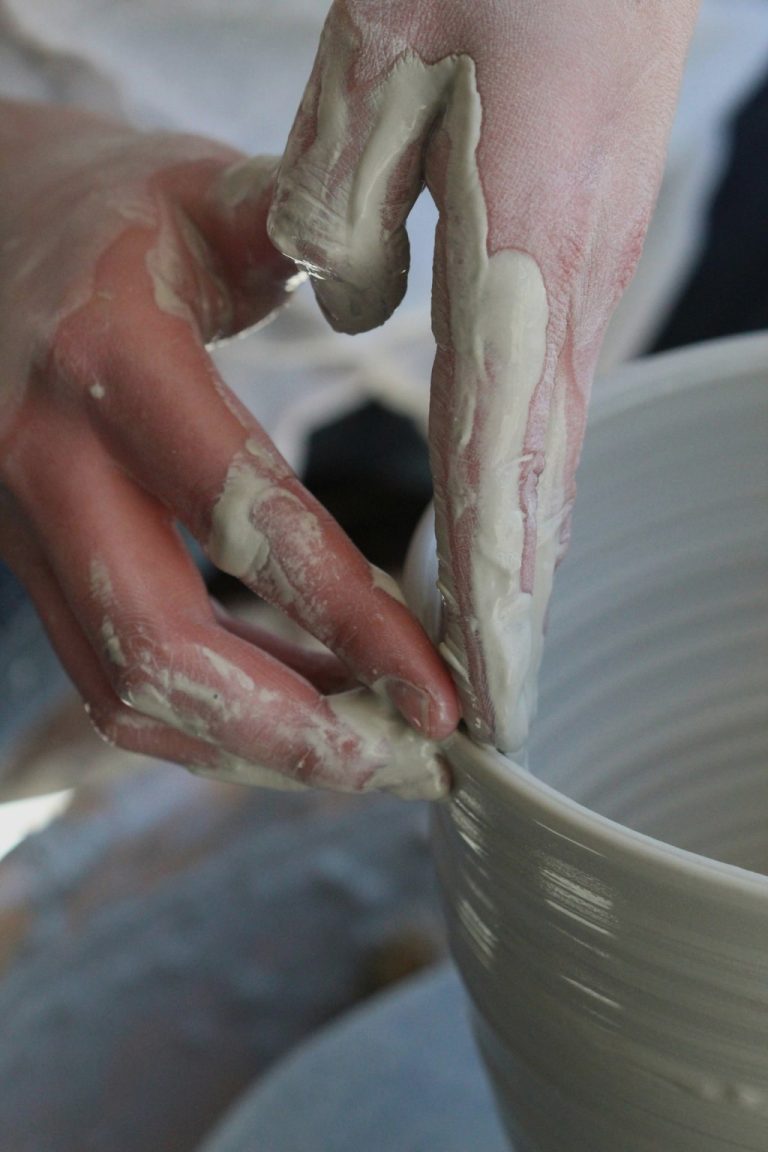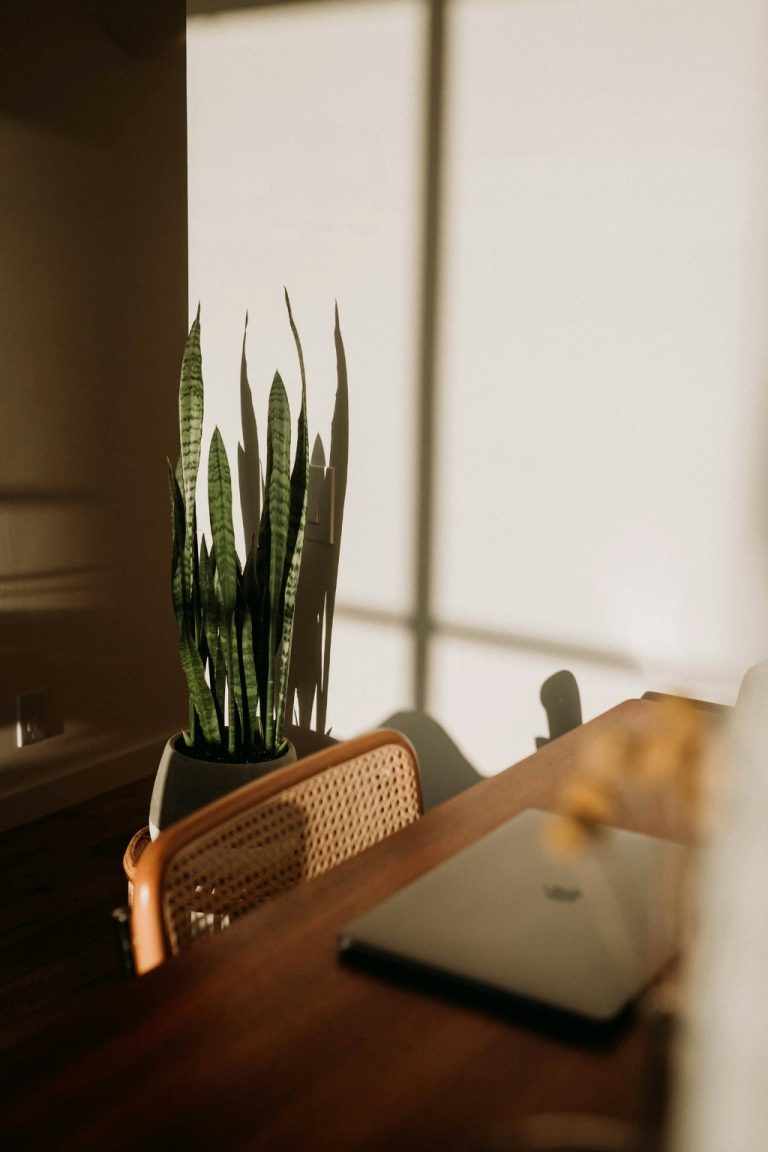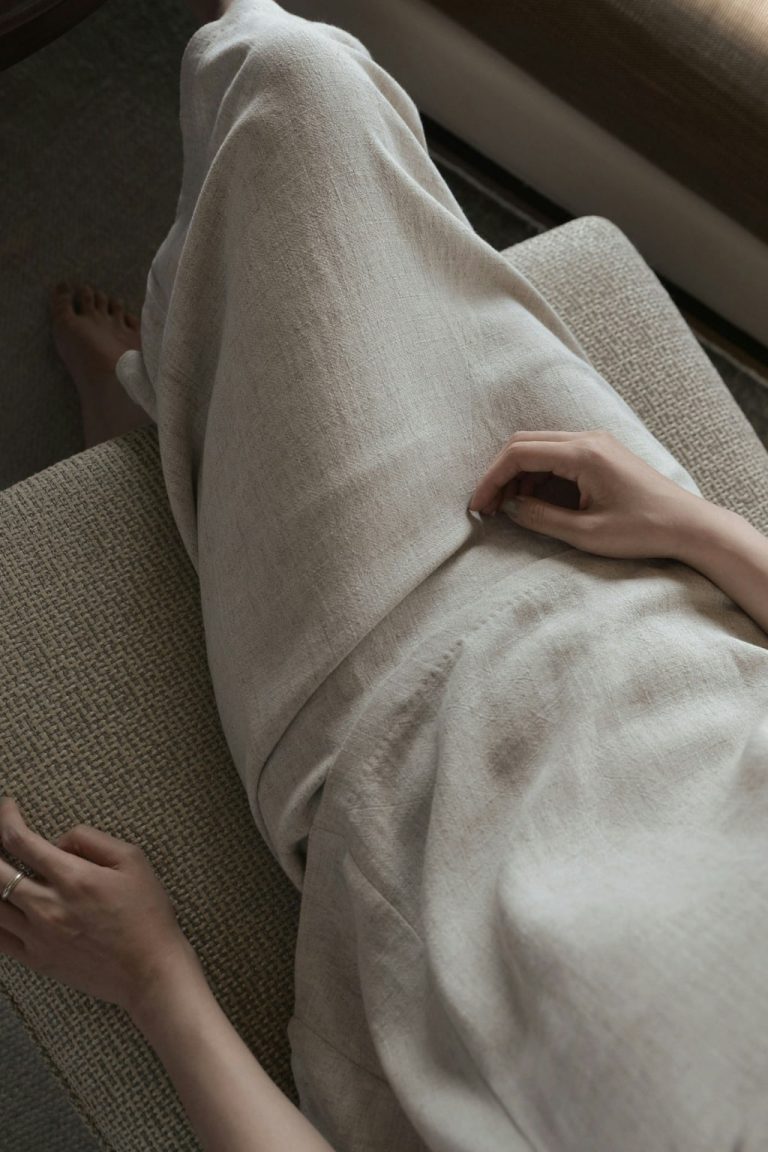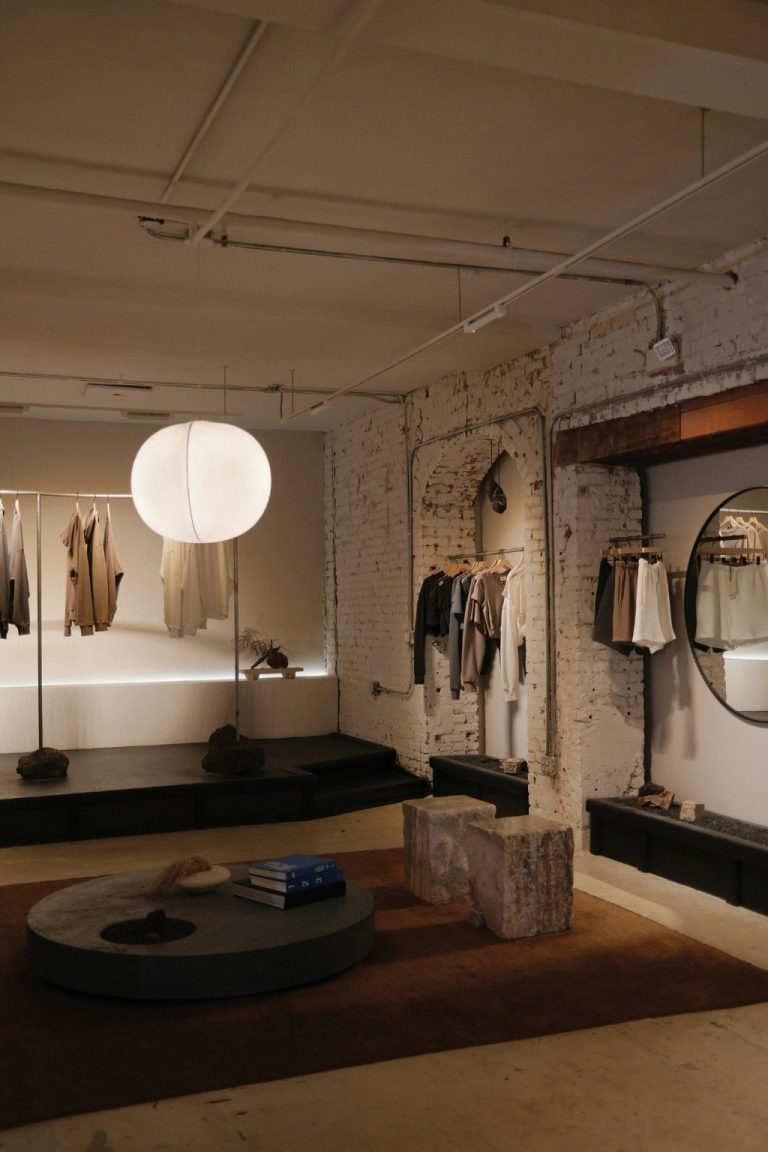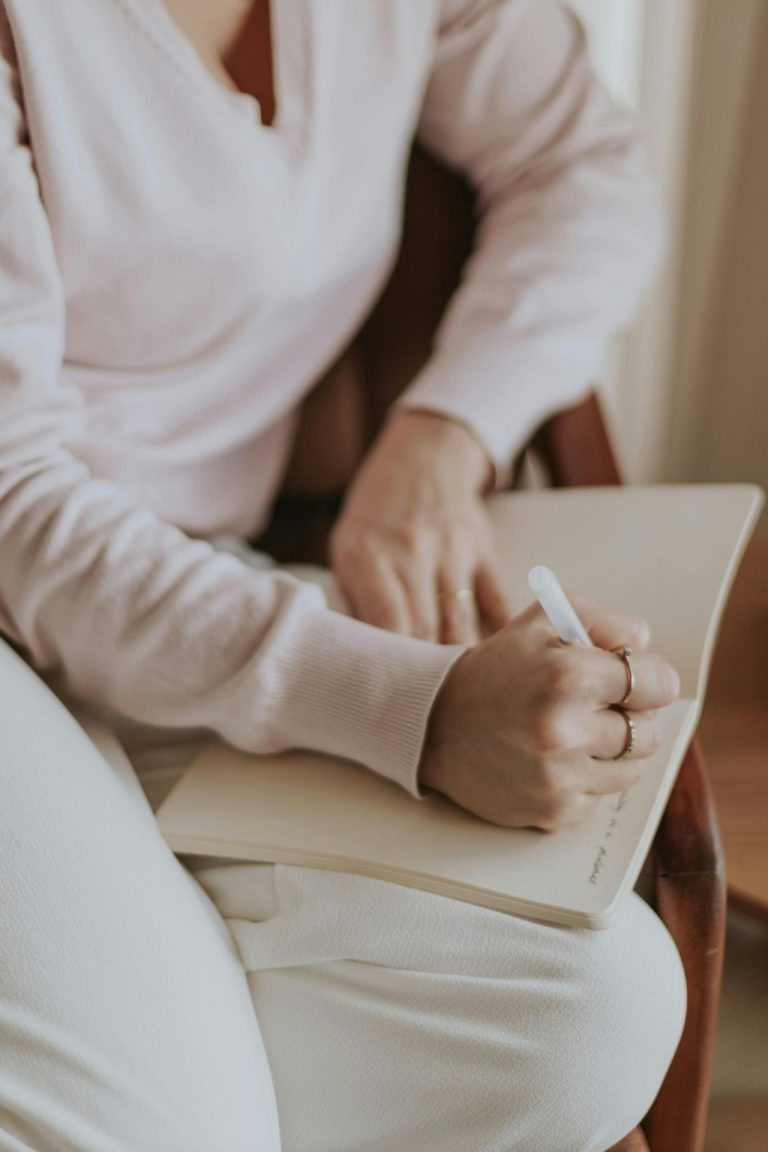Why every woman wants to feel “chosen”
To be chosen is one of the oldest human desires. It is woven into stories, songs, and rituals. For women, it has long carried particular weight, a quiet script passed down through generations that says value is proven through selection. By someone, for something.
It shows up in romance, in friendship, in work. Being chosen feels like safety, like visibility. It reassures us that we are enough, not because we said so, but because someone else confirmed it.
But the hunger to be chosen can become a trap. It shapes how women dress, speak, and behave. It keeps attention focused outward instead of inward. And in a culture that still rewards validation over self trust, breaking that pattern takes real clarity.
The psychology of being chosen
Psychologists trace the desire to be chosen to the need for belonging. The human brain interprets rejection as physical pain. To be selected, recognised, or prioritised releases dopamine, the same chemical linked to pleasure and reward.
For women, this neurological pattern meets centuries of social conditioning. Approval has been safety. Acceptance has meant survival. Generations were taught that being desired, hired, or liked was proof of worth.
Modern life reinforces the same reward loop in subtler ways: likes on a post, attention from a partner, praise from a boss. Each signal feeds the brain’s validation circuit, offering momentary calm that fades quickly.
Try this
- Notice moments when you seek reassurance rather than connection.
- Ask whether you want to be seen or simply approved of.
- Pause before over explaining or over performing.
The cultural inheritance of selection
For much of history, women’s choices were limited. To be chosen meant access, stability, and status. Marriage, work, even social circles depended on acceptance by others. The residue of that history remains.
Advertising, media, and entertainment have long romanticised the idea of being picked. The fairytale ends when the prince chooses the heroine. The modern version is the promotion, the proposal, the perfect partnership. The subtext is the same: value confirmed externally.
This narrative runs deep. It explains why rejection still feels disproportionally personal and why success without recognition can feel hollow.
Try this
- Observe the stories you absorbed about worth and love.
- Redefine success by impact, not applause.
- Remember that independence is not indifference.
Relationships and the myth of specialness
Romantic culture often equates being chosen with being special. The message is simple: if someone picks you, you are extraordinary. But that belief confuses affection with validation.
Healthy relationships are reciprocal, not hierarchical. Being chosen should not mean being rescued. It should mean being recognised by someone who also values being seen.
Psychotherapist Esther Perel describes intimacy as the meeting of two autonomous people, not one completing the other. True connection begins where performance ends.
Try this
- Ask what you expect from being chosen. Security or reflection?
- Practise expressing needs before they become resentment.
- Value mutuality over exclusivity.
The professional version of being chosen
In work, the pattern repeats. Many women equate worth with recognition: the job offer, the award, the invitation to the table. The system reinforces it through scarcity, limited seats, limited praise, limited trust.
Yet the most influential women rarely wait to be chosen. They build, initiate, and select with discernment. They shift from waiting for permission to practising agency.
Harvard Business Review research shows that women who self promote strategically, rather than modestly, advance faster and experience higher satisfaction. The key difference is internal authority, choosing your own path before others do.
Try this
- Track when you hesitate to claim credit or speak first.
- Replace the question “am I ready?” with “am I willing?”.
- Seek collaboration, not validation.
The emotional cost of waiting
The longing to be chosen creates quiet fatigue. It keeps the nervous system on alert, scanning for cues of acceptance. Over time, this leads to self censorship, less spontaneity, more strategy.
This vigilance often passes for grace or diplomacy. But it can dilute authenticity. When you build an identity around approval, peace depends on others’ responses.
Psychologist Dr Kristin Neff, known for her work on self compassion, notes that internal validation rewires this loop. When worth is self generated, rejection loses its power to destabilise.
Try this
- Practise self compassion before seeking reassurance.
- Notice when peace depends on someone’s response.
- Replace waiting with choosing: choose rest, honesty, or space.
Choosing yourself
Choosing yourself is not self absorption. It is emotional adulthood. It means grounding decisions in self trust rather than external approval. It is the quiet confidence that comes from knowing your value without witness.
Women who choose themselves still love deeply, but from fullness, not lack. Their relationships improve because honesty replaces performance.
Choosing yourself does not reject connection; it refines it. It asks others to meet you where you already stand.
Try this
- Make one decision this week without polling others.
- Spend time alone until your preferences feel clear.
- Build rituals that affirm rather than prove your worth.
Final thoughts
Every woman deserves to feel chosen. The difference is where that choice begins. When you learn to choose yourself first, you stop auditioning for belonging. You become the source, not the subject, of recognition.

